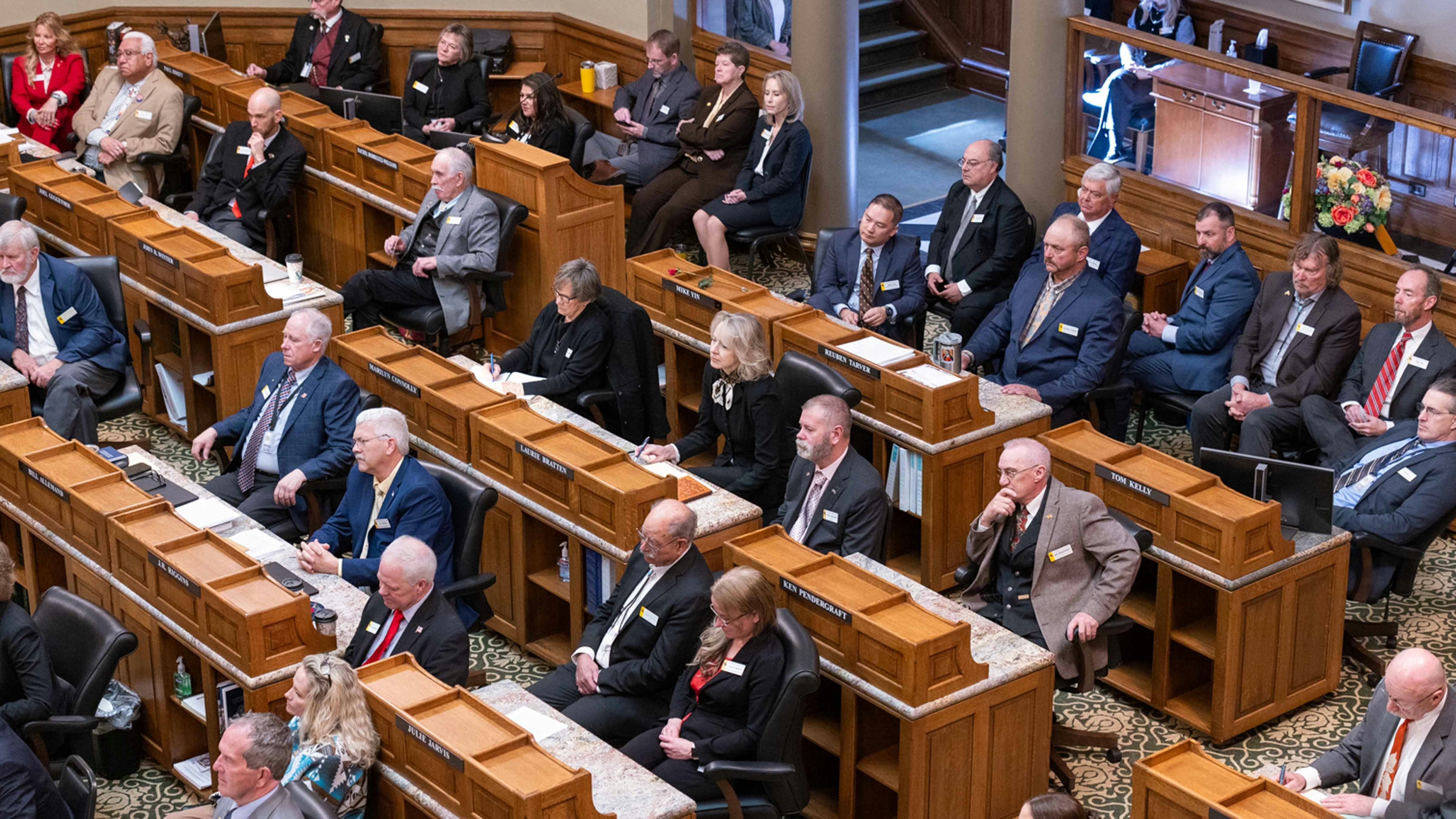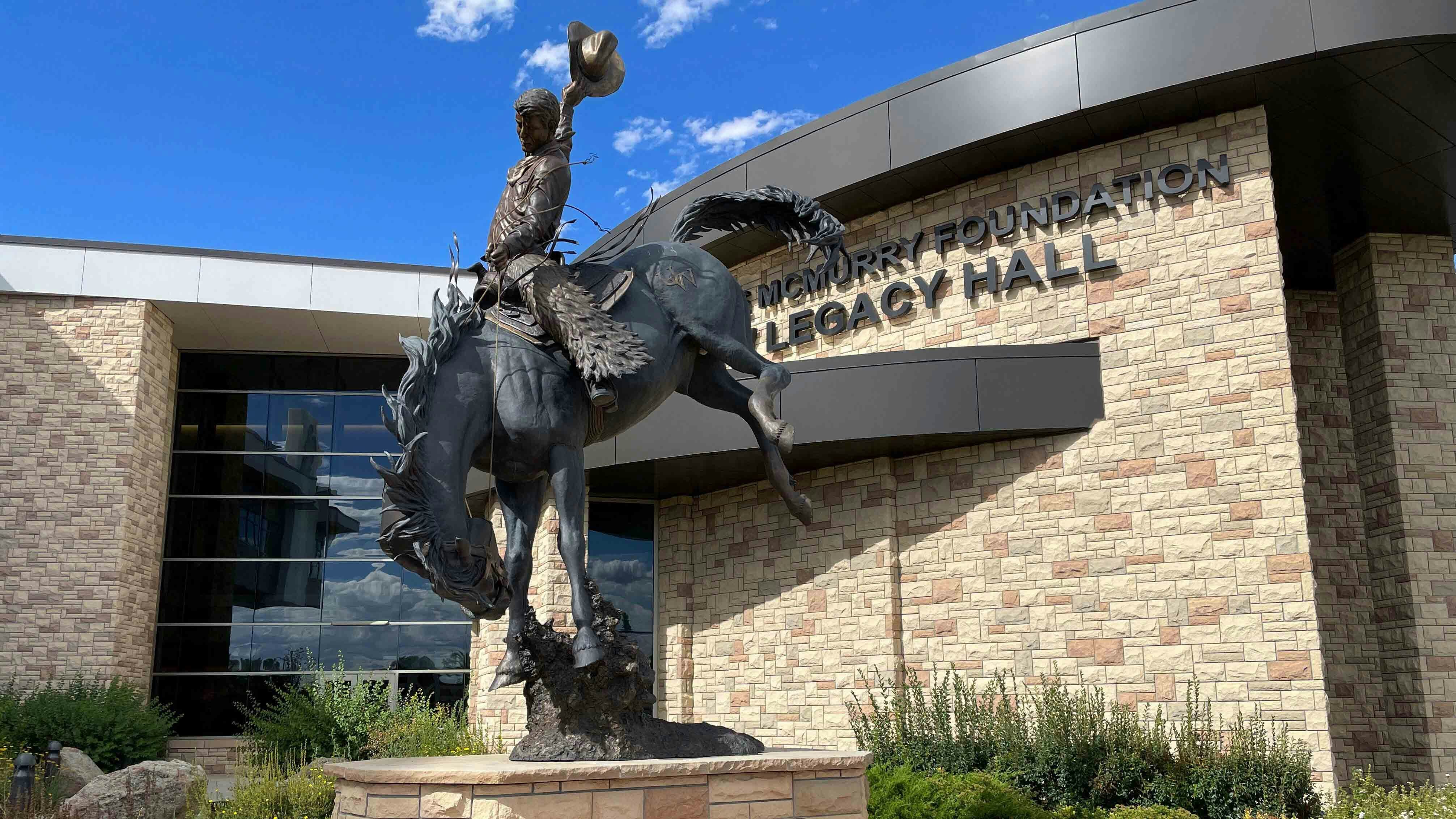Dear editor,
Wyoming is a land of wide skies and rugged independence. Freedom and personal responsibility are core values, yet for many, that freedom is constrained when life becomes most difficult.
The state’s “381” which is shorthand for the Title 25 emergency detention process, is designed to protect those at risk, but it also raises a moral question: when does preserving life become an imposition on the dignity it aims to protect?
Form 3-81 allows law enforcement or mental health professionals to detain someone deemed a danger to themselves under W.S. § 25-10-109. It documents evaluation, detention, and treatment orders, often without consent.
While the process aims to safeguard life, it removes agency at the moment it matters most. Someone in crisis is treated as an object of intervention rather than a moral agent capable of making difficult decisions about their own life.
Wyoming has one of the highest suicide rates in the nation — over 26 per 100,000 residents. Many of those affected live in remote communities, where isolation magnifies despair and access to mental health support is scarce.
In socially conservative environments that prize self-reliance and stoicism, expressing vulnerability can feel impossible.
Some individuals, highly aware of their circumstances and constrained by cultural and geographic realities, may feel trapped, unable to reconcile their own awareness of life’s challenges with the local norms they inhabit.
Title 25 is grounded in preserving life… a principle morally conservative individuals often value.
Yet ethical responsibility extends beyond survival: it includes respecting the individual’s judgment and dignity. Forced compliance, broad criteria for detention, and lack of legal choice in end-of-life decisions can silence those we are morally obliged to honor, turning protection into coercion.
A morally responsible approach would balance safety with respect for autonomy.
It begins with listening first, treating the person as a moral agent, not just a case file. It preserves the right to participate in decisions about one’s life and care. It combines protection with dignity, intervening only as needed while honoring personal choice.
Wyoming can align law and moral responsibility by ensuring the 381 process is a tool of care, not control.
True ethical action is not only about preventing death — it is about upholding the dignity, agency, and moral worth of each person, even when life is painful, isolated, and difficult. Protecting life should never come at the cost of silencing the very voice that makes life meaningful.
Sincerely,
Luc Colgrove, Casper





